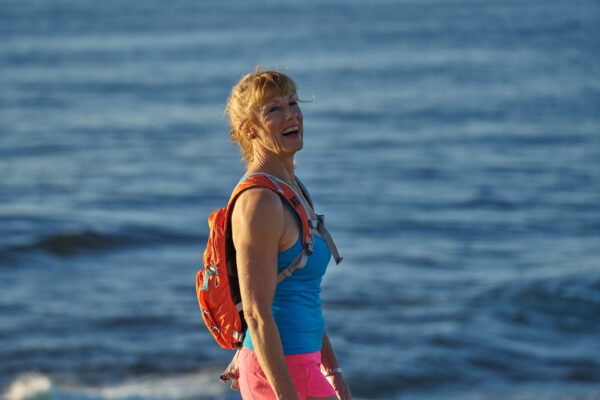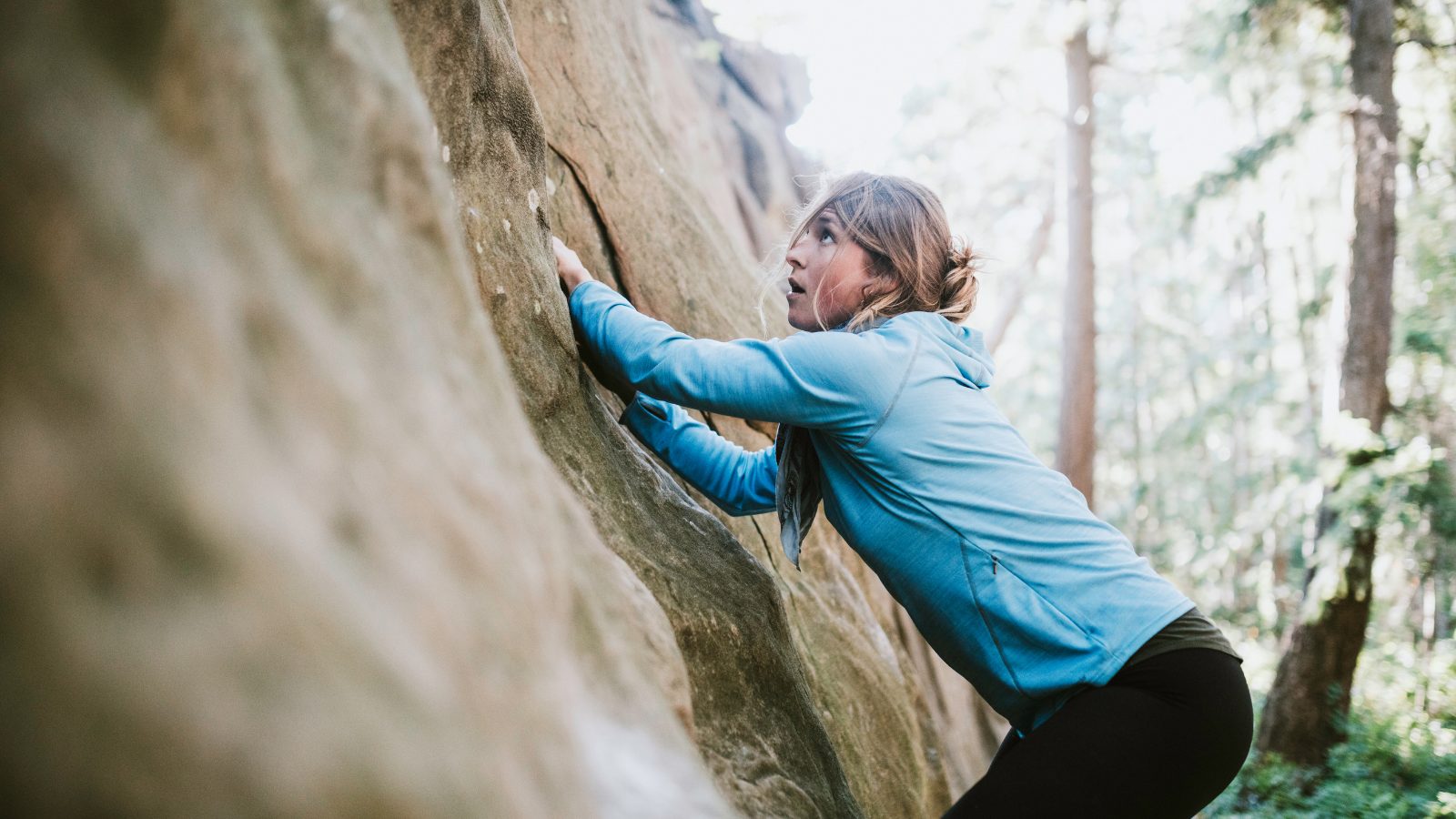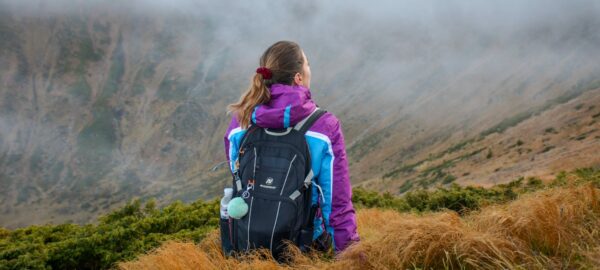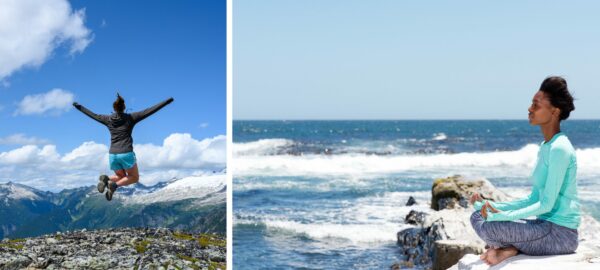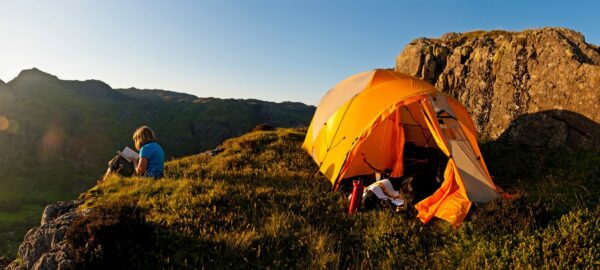As I clung to the side of a mountain twenty years ago, carrying a 25 kilo backpack and bracing myself for the next wind gust, resilience was the last thing on my mind.
I was supposed to be having fun. Instead, I was terrified.
However, it turned out this experience was just what I needed to prepare me for my next life challenge, which was divorce. When you’ve spent time thinking you could die on a mountain, a breakdown of a marriage feels much less insurmountable.
I didn’t know it at the time, but there is scientific evidence which supports the use of outdoor adventures to build resilience. It works by providing physical, mental and emotional challenges in nature to build confidence and mental tuffness.
But we don’t have to jump straight in the deep end to build resilience. We can start with baby steps to overcoming the fear. With my bad knees, this means taking my mountain bike for a spin on a rocky track and getting off when I think I could get hurt. As my skills improve, I’ll get off a little less each time until eventually I hope to stay on the whole time.
For you it might be overcoming the challenge of shimmying along an exposed rock ledge during a rock scramble, negotiating a large drop off on a rocky hiking trail, crossing a creek on stepping-stones or walking along a log to cross a gully.
We practice in a low stakes situation, and take baby steps, which gradually strengthens our resilience.
To get outside your comfort zone during COVID restrictions, where you couldn’t climb a Himalayan mountain even if you wanted to, we need Microadventures. According to adventurer Alister Humphrey’s, who popularised the term, “a microadventure is an adventure that is short, simple, local, cheap – yet still fun, exciting, challenging, refreshing and rewarding.” If you build microadventures into your daily routine, you’ll be building resilience every single day.
These can be anything from taking a plunge in a lake or ocean, a whizz around a park on a bike, a sleep out under the stars, or a sunset rock scramble along a steep river-bank. Challenge yourself to do a micro-adventure every day.
Microadventures to help build your resilience
- Explore what’s under your nose. You’ll be amazed at what’s in your local area. Switch your Google map to the Satellite image and head for slivers of nature nearby. Step off the footpath when you pass a little bit of bush, a creek, a garden, park or woods, and go exploring. This isn’t about going far. It’s about challenging your body, playing like kids do, using nature’s obstacles. Challenge yourself go under a fence, leap over a garden bed, shimmy around a high wall, bash through the bush or go down steep slopes and up rough surfaces.
- Hang out with adventurers. They’ll push you to try new things. Whether it’s jumping in cold water in winter, bike riding, roller skating, skate-boarding or learning to do a handstand, it helps to have a buddy to encourage you out of your comfort zone.
- Climb a tree. Yes. It’s that simple. Go in search of trees in your neighbourhood and explore them. Start by hanging from a branch or just getting one foot off the ground. Eventually you’ll discover the perfect climbing tree and you’ll be amazed at how your confidence grows. You don’t have to go high. Just go.
- Plunge into cold water. If you don’t live near the coast, find a dam, a river, a creek, a stream or a lake and just get in. If that sounds easy, get in after dark, when it’s raining or when its windy. And if that sounds hard, take a cold shower.
- Take up bouldering, which is like rock climbing but you’re close to the ground. Generally, you go sideways along a rock face holding onto the little pockets in the rock. It’s not only great for your resilience but will also improve your upper body strength and flexibility.
Dealing with adversity and growing from the experience is a great way to improve your mental health, build resilience and build your confidence.
Challenge yourself and be amazed at how good you feel. Your fear might not disappear, but it will become less overwhelming and allow you to flourish. In the words of Mark Twain, “Courage is not the absence of fear. It is acting in spite of it.”


